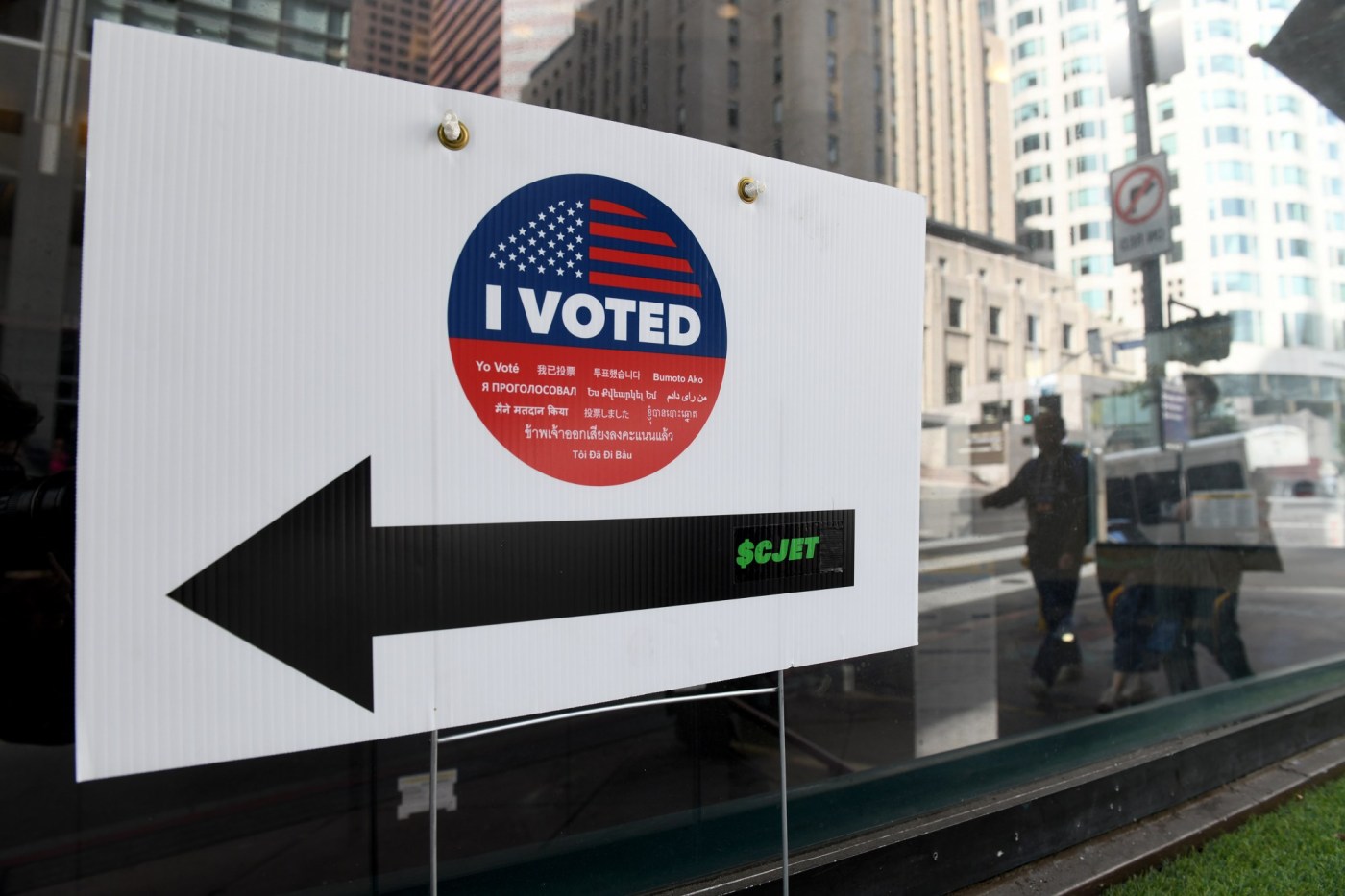The recent elections across the United States have culminated in a significant Democratic victory, widely interpreted as a clear rejection of former President Donald Trump and his policies. This electoral outcome reflects a growing discontent among voters regarding various aspects of the Trump administration’s approach to governance.
In key races, such as the New York City mayoral election, Zohran Mamdani triumphed over former governor Andrew Cuomo, signaling a shift toward progressive policies among urban voters. This victory is part of a broader trend where Democrats have achieved notable wins in states like Virginia and New Jersey, as well as crucial races in Pennsylvania and Georgia. These results demonstrate a collective pushback against Trump’s divisive tactics.
Many voters expressed their concerns about Trump’s administration during the campaign, highlighting several issues that have resonated deeply. Critics pointed out incidents involving Immigration and Customs Enforcement (ICE) agents, who have been accused of aggressively detaining individuals based on racial profiling. Some detainees were even found to be U.S. citizens, raising alarms about civil liberties and human rights.
Additionally, the appointment of controversial figures, such as Robert F. Kennedy Jr., known for his anti-vaccine stance, to lead national health initiatives has sparked outrage. This choice, along with Trump’s tendency to target political opponents with what many view as baseless accusations, has further alienated segments of the electorate.
Trade policies have also come under scrutiny. Trump’s initiation of a trade war with close allies, including Canada and Mexico, particularly through tariff increases, has drawn criticism. Voters are concerned that such actions could damage longstanding international relationships and hurt the economy.
The recent elections also reflect discontent over domestic policies. Many Americans voiced their frustrations about cuts to essential programs like Medicare and Medicaid, which were seen as benefiting wealthier individuals at the expense of vulnerable populations. The perception that Trump prioritized tax cuts for billionaires over support for struggling families has played a pivotal role in shaping voter sentiment.
Calls for Reform and Unity
As the Democratic Party celebrates its victories, there are calls for a renewed commitment to progressive values. Some observers argue that the party leadership must prioritize the needs of ordinary Americans over corporate interests. This perspective is echoed by voters who believe that addressing issues like economic inequality, healthcare access, and educational opportunities is essential for future electoral success.
Letters to the editor have highlighted the importance of restoring programs such as the Supplemental Nutrition Assistance Program (SNAP), which provides vital food assistance to families in need. Advocates argue that Trump’s lack of understanding regarding hunger and food insecurity has contributed to a disconnect with millions of Americans relying on such support.
Moreover, discussions around gerrymandering have gained traction, with calls for federal regulations to ensure fair representation in elections. Critics argue that partisan manipulation of district lines undermines democracy and that a non-political approach is necessary to protect the electoral process.
In the wake of these elections, there is a palpable sense of urgency among voters to redefine the political landscape. The success of progressive candidates like Mamdani serves as a reminder that many Americans are eager for change and willing to support policies that prioritize the welfare of the majority over the interests of a few.
Lessons from the Ballot Box
The recent electoral results underscore a significant moment in American politics, reflecting a collective desire for change and a rejection of divisive rhetoric. As Democrats move forward, the lessons learned from this election cycle may shape their strategies in the years ahead. Prioritizing the issues that matter most to everyday citizens, such as healthcare, education, and economic justice, will be crucial for regaining and maintaining voter trust.
In summary, the electoral outcomes represent not just a victory for the Democratic Party but also a clear message from voters about the direction they wish to see the country take. The implications of these results will likely resonate throughout the upcoming political landscape as discussions continue regarding the future of American governance.







